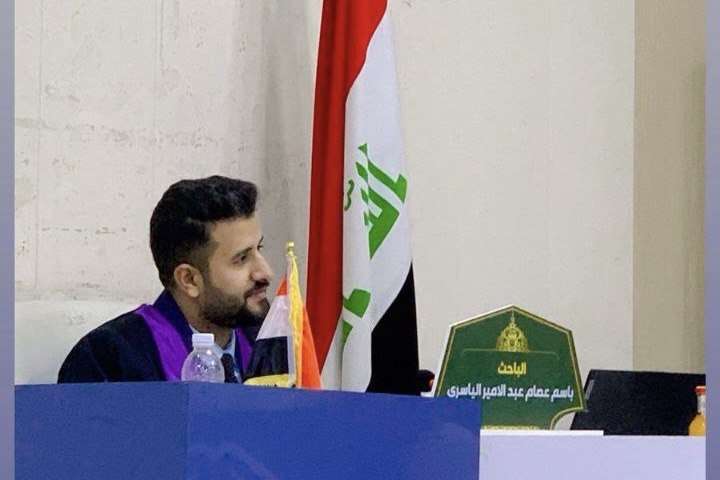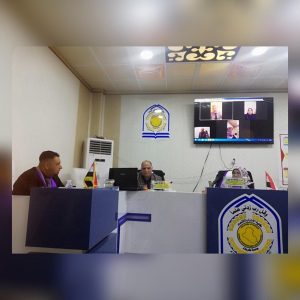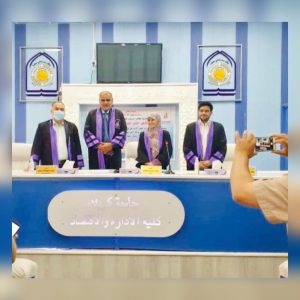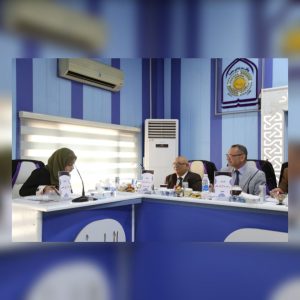The role of fiscal policy in confronting economic shocks – experiences of selected economies
A Thesis Submitted BY
Basim Assim AbdulAmeer Al-Yasiri
To the Board of the College of Administration and Economics – Karbala University, which is part of the requirements of obtaining a master’s degree in economic science
Supervisor By
Dr. Zainab Hadi Nehmaa AL kafaghi
Abstract
This research is an attempt to demonstrate the role of fiscal policy in confronting economic shocks and reducing the resulting risks. The importance of the research is based on several sections, namely enhancing academic and practical understanding by providing an in-depth understanding of how to apply fiscal policies in different financial contexts, which contributes to building theoretical and practical knowledge about managing economic crises, and preparing effective policies that lead to formulating effective and implementable fiscal policies by decision-makers, which contributes to improving the ability of Arab countries to interact with economic crises and reduce their negative impact on economies, and improving the response of governments to crises through a rapid and flexible response to financial and economic crises, which limits negative repercussions.
The research addresses the problem of many Arab countries that rely on rigid financial policies that are not adaptable to sudden economic changes, which reduces the effective response to economic shocks, in addition to the reliance on oil revenues, as fluctuations in oil prices lead to fluctuations in the general budget and the inability to plan long-term financially.
The research is based on the hypothesis that fiscal policy leads to improving the ability to confront economic shocks more effectively, which contributes to achieving economic stability and reducing the negative effects of economic crises by implementing fiscal policies that reduce the impact of oil price fluctuations on economies dependent on natural resources, and increasing the efficiency of financial management contributes to improving the rapid response to economic shocks, and that strengthening institutional capabilities leads to implementing more flexible and sustainable fiscal policies.
Therefore, it is concluded that fiscal policy is an economic policy and an effective tool in the hands of the government to influence the supply and demand sides and manage revenues and expenditures in a manner consistent with activating economic activity towards increasing income and use or reducing expenditures and ensuring economic and financial stability and redistributing incomes and others by using its tool represented by taxes or government spending. Therefore, the research recommends the necessity of rationalizing public spending policy and that the largest part of it be for investment purposes and establishing industries based on internal economic resources and reducing dependence on the outside, as well as activating the role of tax policy in the features of economic problems and influencing work and production incentives .































































